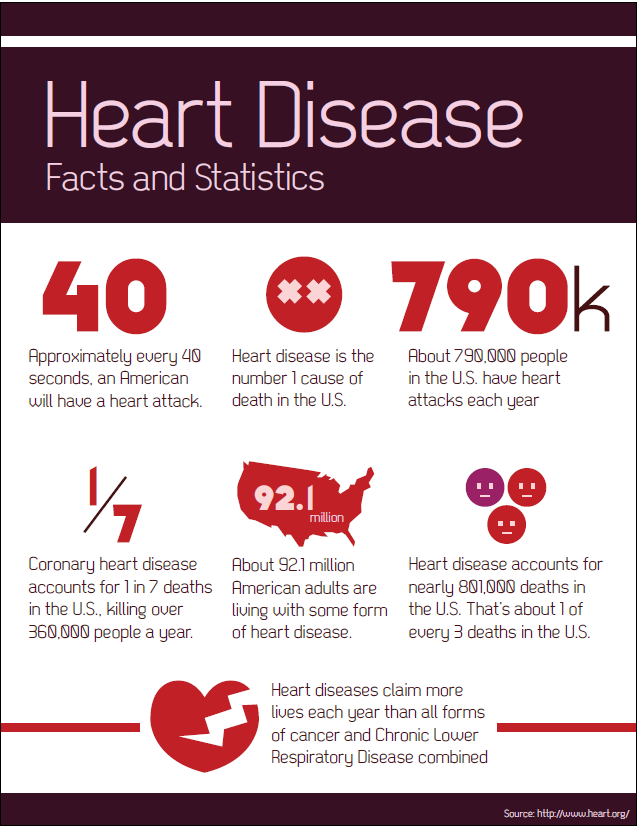By Shahneel Ahmed Improving and maintaining a healthy heart is essential for living a healthy lifestyle. The heart is the center of the cardiovascular system. It is responsible for pumping blood throughout the body, supplying oxygen and nutrients to the tissues and removing carbon dioxide and ot...
By Shahneel Ahmed
Improving and maintaining a healthy heart is essential for living a healthy lifestyle. The heart is the center of the cardiovascular system. It is responsible for pumping blood throughout the body, supplying oxygen and nutrients to the tissues and removing carbon dioxide and other wastes.
A human heart is roughly the size of a large fist and weighs between 10 to 12 ounces in men and 8 to 10 ounces in women. An adult heart beats about 60 to 80 times per minute and about 100,000 times per day. Each minute, the heart pumps about 1.5 gallons of blood.
Heart disease is the number one killer in the United States. However, many forms of heart disease can be prevented or treated with healthy lifestyle choices. Physical inactivity and/ or lack of exercise is one of the risk factors for developing heart disease.
Therefore, exercising at least 30 minutes a day on most days of the week or 150 minutes of moderate-intensity aerobic activity every week can drastically improve your heart health and reduce your risk of developing heart disease. You can fit in physical activity where you can, such as cycling/walking to work, parking your car farther away, and taking the stairs instead of the elevator.
Additionally, a healthy, balanced diet promotes heart health and lowers risk for disease. Specifically, eating less salt, replacing saturated and trans fats with unsaturated fats, and limiting alcohol intake can increase heart health.
Managing blood pressure is another way to increase heart health. High blood pressure is a major risk factor for heart disease. When your blood pressure is within a healthy range, the strain on your heart, arteries, and kidneys is reduced. Eating a healthy diet, getting regular physical activity, managing stress, limiting alcohol intake, and avoiding tobacco smoke can all help manage blood pressure and thus, promote a healthy heart.
Smoking is one of the main causes of heart disease and damages the entire circulatory system. In fact, smokers have more than twice the risk of a heart attack than nonsmokers. If you smoke, quitting is the best thing you can do to increase your heart and overall health. Also, avoiding secondhand smoke can increase heart health. Studies have shown that the risk of developing heart disease is about 25 to 30 percent higher for people exposed to secondhand smoke.
Lastly, taking care of your mental health can reduce the risk of heart disease and promote a healthy heart. People who have high levels of stress, suffer from depression, are socially isolated, and/or do not have good social support can have a greater risk for heart disease. Having good social support from family and friends and prioritizing your mental health and self-care is essential. These heart healthy tips will help you maintain a
healthy lifestyle and reduce your chances for heart disease.

